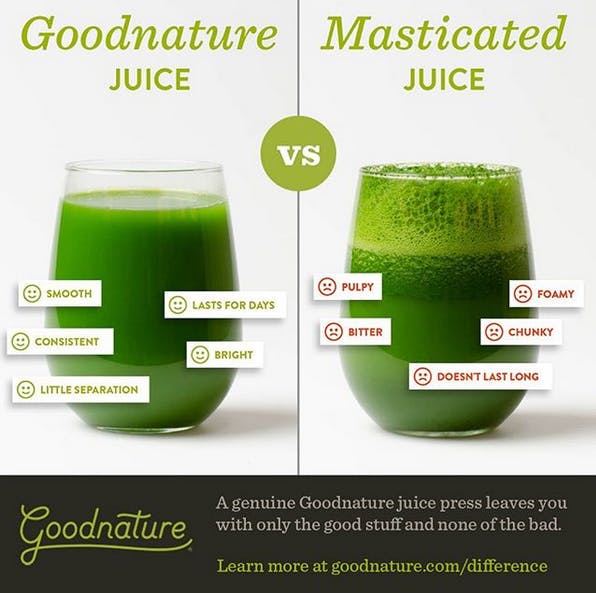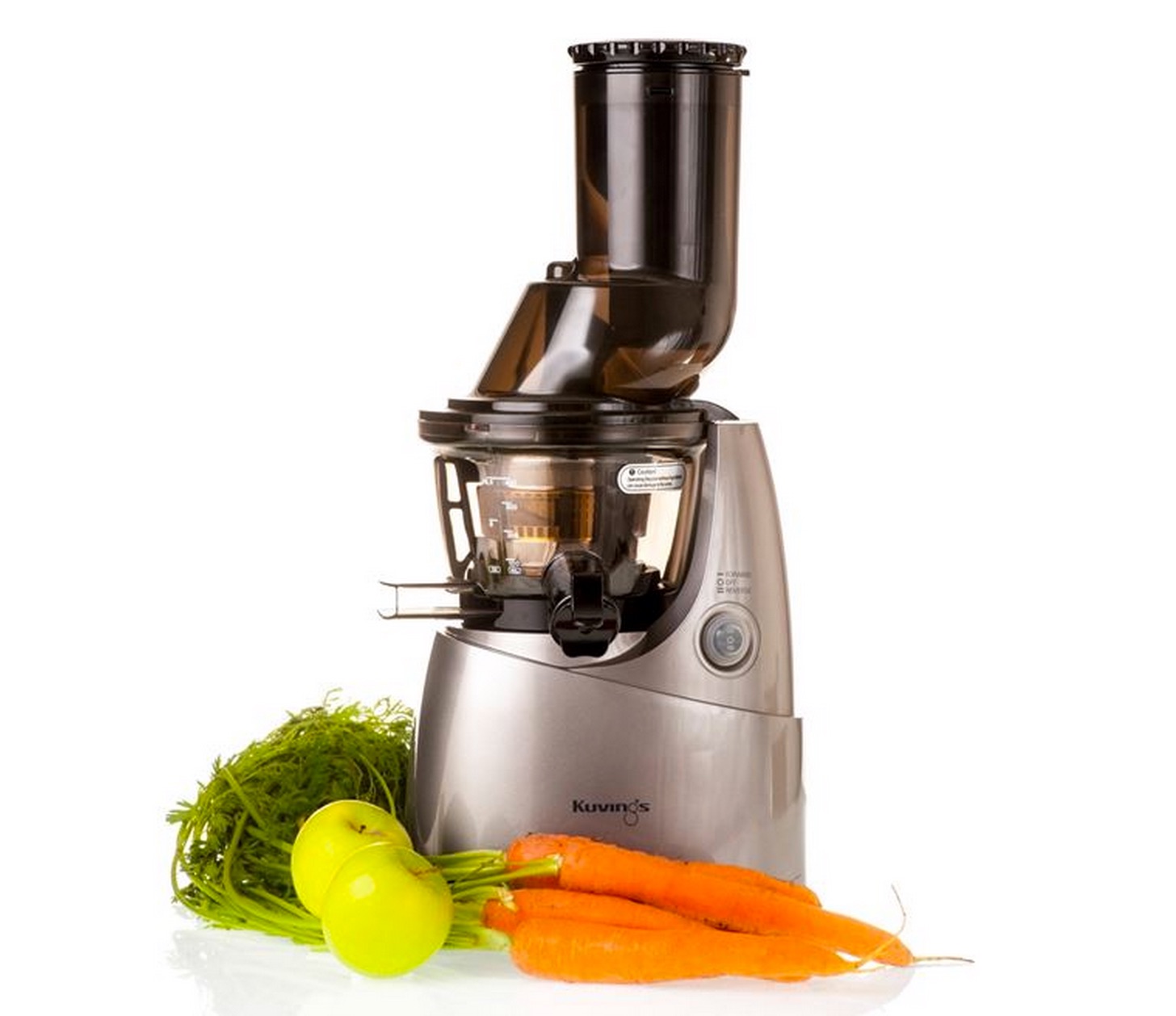Juicing has become increasingly popular in recent years, with many people turning to slow juicers to get the most out of their fruits and vegetables. But are slow juicers really better than their faster counterparts? In this article, we’ll explore the pros and cons of slow juicers and discover whether they are worth the extra cost and effort. So, if you’ve been wondering if slow juicers are the way to go, read on to find out!
Yes, slow juicers are better than traditional centrifugal juicers. Slow juicers (also called masticating juicers) are more efficient than traditional centrifugal ones and extract more juice from fruits and vegetables. They also help preserve more of the vitamins, enzymes, and minerals in the juice, making it healthier and tastier. Additionally, slow juicers are quieter, easier to clean, and more durable. They are also better for leafy greens and other delicate ingredients.
Are Slow Juicers Really Better?
Slow juicers are becoming increasingly popular for their ability to extract more nutrients and enzymes than traditional juicers. But are they really better? This article will explore the benefits of slow juicers and the potential drawbacks so that you can make the best decision for your needs.
What is a Slow Juicer?
Slow juicers are a type of juicer that uses a low-speed masticating process to extract juice from fruits and vegetables. Unlike traditional centrifugal juicers, slow juicers grind fruits and vegetables slowly, extracting more of the nutrients and enzymes. The process takes longer, but the resulting juice is richer in nutrients and enzymes.
Benefits of Slow Juicers
Slow juicers are becoming increasingly popular for their ability to extract more nutrients and enzymes than traditional juicers. This is because the slow masticating process breaks down the cell walls of the produce, releasing more of the vitamins, minerals, and other beneficial compounds. The juice produced is also richer in flavor and texture, and can be stored for up to 72 hours without losing its nutrition.
Slow Juicers vs. Traditional Juicers
When comparing slow juicers to traditional juicers, the biggest difference is the speed of the juicing process. Traditional juicers use a high-speed centrifugal force to quickly separate the juice from the pulp, while slow juicers use a low-speed masticating process to slowly grind the produce. This slower process allows more of the nutrients and enzymes to be extracted, resulting in a richer, more nutritious juice.
Other Benefits of Slow Juicers
In addition to the nutritional benefits of slow juicers, they also have other advantages. Slow juicers are quieter than traditional juicers, so they are ideal for people who want to make juice without disturbing family or neighbors. They also require less energy to operate, making them an environmentally friendly choice.
Are Slow Juicers Expensive?
Slow juicers are usually more expensive than traditional juicers, but they are well worth the investment. The higher quality of juice and increased nutrient content make them worth the extra cost. In addition, slow juicers tend to last longer than traditional juicers, so they are a better value in the long run.
Are Slow Juicers Difficult to Use?
Slow juicers are not difficult to use, but they do require a bit more effort than traditional juicers. The low-speed masticating process takes longer, so you need to be prepared for the slower juicing process. In addition, you will need to cut fruits and vegetables into smaller pieces before juicing to ensure that the juicer can process them properly.
What About Cleaning?
Cleaning a slow juicer is not difficult, but it does take a bit more time than cleaning a traditional juicer. The low-speed masticating process causes more pulp to build up in the juicer, so you will need to take extra care when cleaning to ensure that all of the pulp is removed.
Should I Buy a Slow Juicer?
If you are looking for a juicer that will extract the most nutrients and enzymes from your fruits and vegetables, then a slow juicer is the best choice. The higher quality juice and increased nutrition make them well worth the extra cost and effort. However, if you are not looking for a high-quality juice, then a traditional juicer may be a better choice.
Frequently Asked Questions
Are Slow Juicers Really Better?
Answer1: Slow juicers extract juice in a completely different manner than traditional juicers. Traditional juicers use a fast-spinning blade to chop and grind the fruit, resulting in a large quantity of juice but often with a lot of pulp and froth. Slow juicers, on the other hand, operate at much slower speeds, utilizing a slow grinding and squeezing process to extract the juice. This process ensures that the juice is extracted more efficiently, with minimal froth and pulp, resulting in a higher yield of juice.
In addition, the slow juicing process generates less heat and friction, which helps to preserve the natural enzymes and vitamins found in the fruit. This makes slow juicers a great option for those looking to get the most nutritional benefits out of their juice.
What Are the Benefits of Slow Juicers?
Answer2: Slow juicers offer a variety of benefits over traditional juicers. They are able to extract more juice from the same amount of fruit, resulting in a higher yield of juice with less pulp and froth. This makes them much more efficient than traditional juicers.
In addition, the slow juicing process generates less heat and friction, which helps to preserve the natural enzymes and vitamins found in the fruit. This makes slow juicers a great option for those looking to get the most nutritional benefits out of their juice. Slow juicers also tend to be quieter and more durable than traditional juicers, making them a great long-term investment for those looking for a reliable juicer.
How Much Does a Slow Juicer Cost?
Answer3: The price of a slow juicer will vary depending on the type and size of the machine. Generally speaking, slow juicers can cost anywhere from $100 to $400, depending on the features offered. Some high-end models can even cost upwards of $1000 or more.
For those on a budget, there are also some lower-priced models available that still offer many of the same benefits of more expensive models. It is important to research the different models and compare features before making a purchase in order to find the best value for your money.
Are Slow Juicers Easy to Clean?
Answer4: Yes, slow juicers are generally very easy to clean. Most models come with brushes and other cleaning tools to help make the cleaning process easier. Some models even come with dishwasher-safe parts, allowing you to simply put them in the dishwasher when they need to be cleaned.
In addition, slow juicers are designed to extract more juice with less pulp and froth, resulting in a much less messy cleanup compared to traditional juicers. This makes them a great option for those looking for an easier cleanup process.
Are Slow Juicers Worth It?
Answer5: The answer to this question depends on your needs and preferences. If you are looking for a high-quality juicer that is able to extract more juice with less pulp and froth, then a slow juicer is definitely worth considering.
In addition, slow juicers are able to preserve the natural enzymes and vitamins found in the fruit, resulting in a much more nutritious juice. They are also typically quieter and more durable than traditional juicers, making them a great long-term investment. Ultimately, it is up to you to decide if a slow juicer is the right choice for you.
Centrifugal(fast) vs Masticating (slow) | Which Juicer is better? | Carib Sunsations
In conclusion, slow juicers are undoubtedly the better choice for anyone looking to get the most out of their juicing experience. By preserving the nutrients of the fruits and vegetables, slow juicers make sure that you get the most out of your juice, while also providing you with a fresh and delicious beverage. Not only that, but they are also easier to clean and maintain. So if you are looking for the best way to enjoy your juice, then a slow juicer is definitely the way to go.




